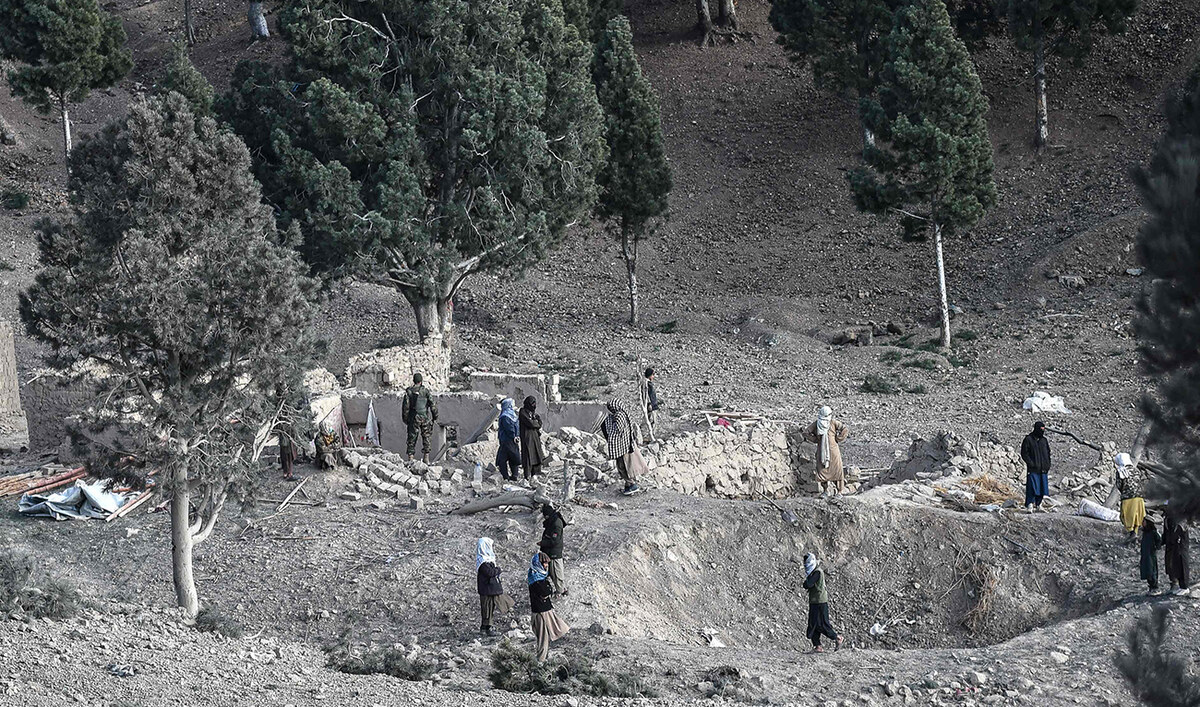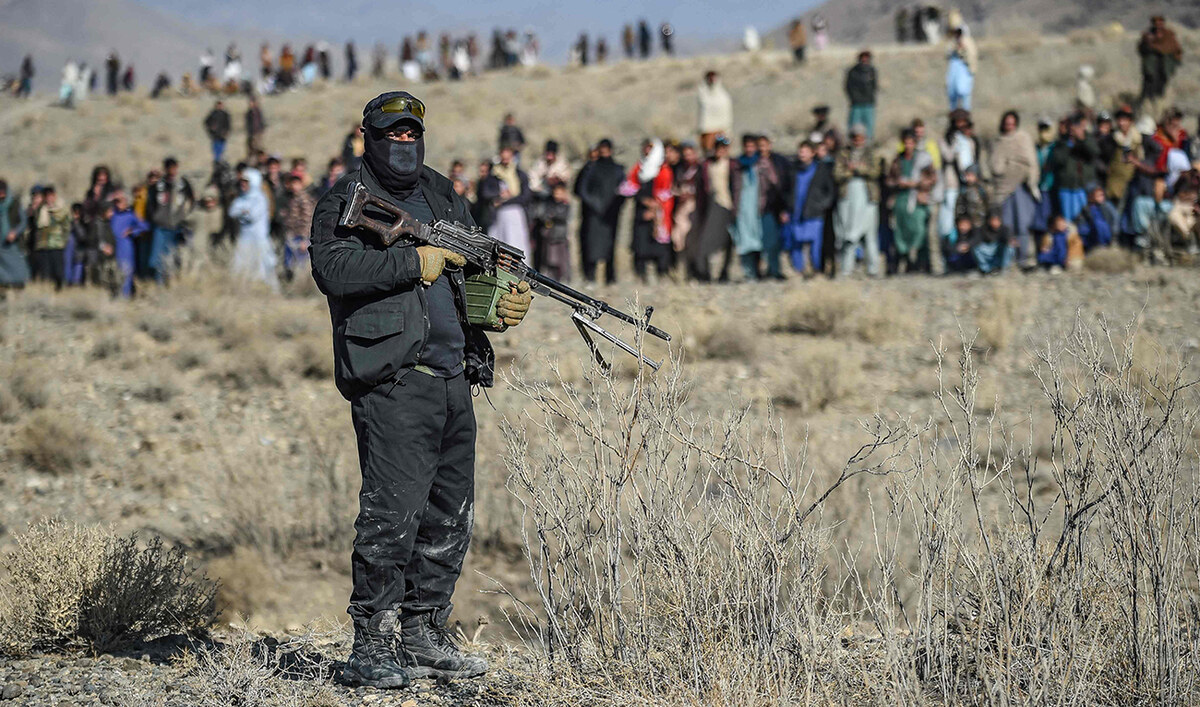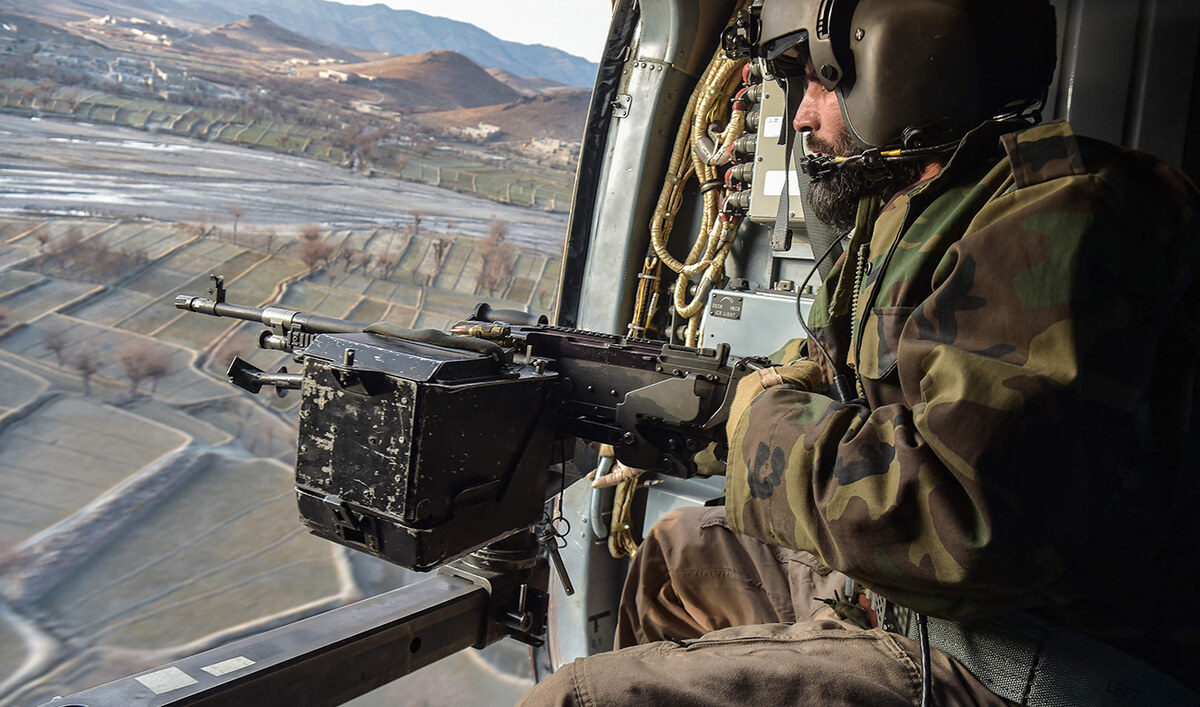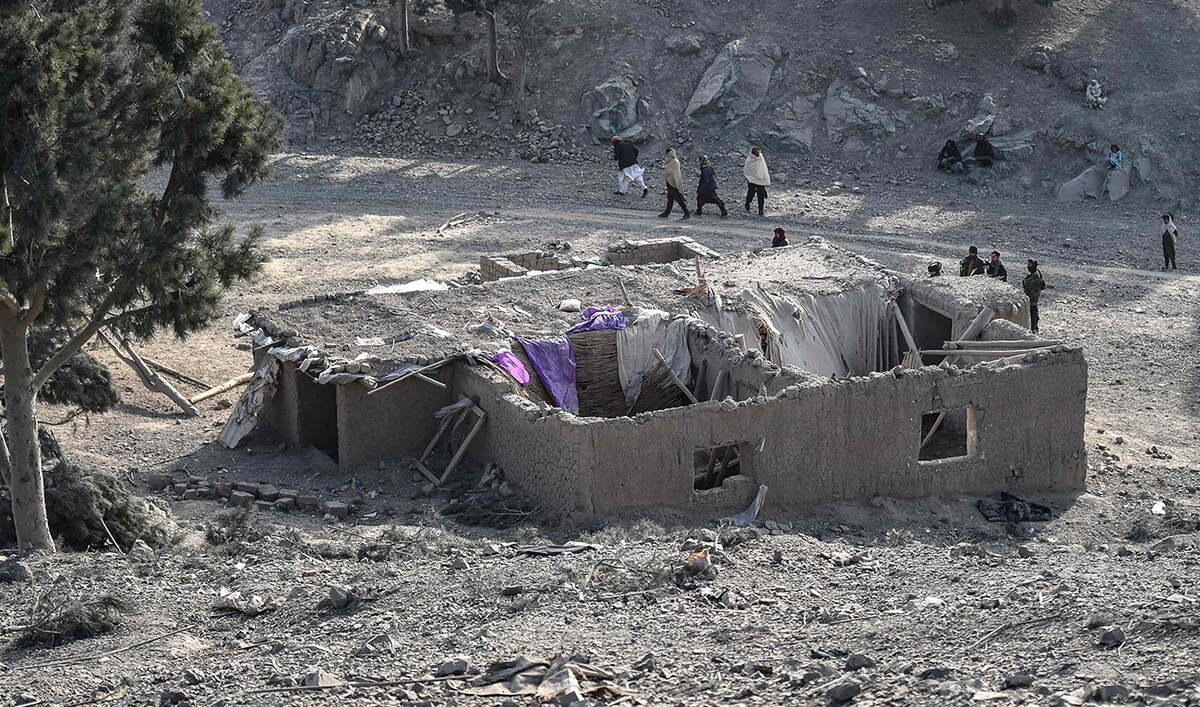Championing regenerative tourism on Earth Day

https://arab.news/5undw
As the global community celebrates Earth Day on April 22, our commitment at Red Sea Global to developing new, regenerative tourism destinations aligns perfectly with this year’s Earth Day theme: “Planet vs. Plastics.”
This special day highlights the urgent need to reduce the production of plastics by 60 percent by 2040, and we are committed to removing single-use plastics from our newly opened destination, The Red Sea.
Moreover, this day gives us pause for thought to reflect on broader international commitments to environmental sustainability that resonate deeply with our own mission.
More than just reducing the use of plastics, Red Sea Global demonstrates that luxury tourism and environmental stewardship can coexist, creating a model for the world to emulate in this decisive era of climate action.
Regenerative tourism represents a paradigm shift in how tourism interacts with ecology, culture and community. Our philosophy is rooted in the belief that tourism should replenish and rejuvenate the very elements that make a destination such as The Red Sea extraordinary.
We are committed to enhancing the environments we develop, improving habitats, and being mindful of the indigenous people and wildlife. Our approach is inspired by nature but guided by science. Before development began, extensive consultations with scientists helped us deliver an extensive marine spatial planning exercise that led us to decide to develop only 22 of the 90 islands of which we are responsible custodians.
Our ambitious master plan includes a commitment to deliver a 30 percent net conservation benefit by 2040 across Amaala and The Red Sea. This involves growing millions of plants, mangroves, seagrasses and corals, while also protecting the habitats of endangered species such as the hawksbill sea turtle and the sooty falcon.
At our landscape nursery, the largest in the region, we have so far cultivated more than 5 million plants out of a 30 million target, and in our mangrove nursery, 3 million seedlings are growing, out of our target of 50 million by 2030. We also use innovative coral-farming techniques to replenish and relocate coral reefs, further supporting marine biodiversity in line with a commitment announced during the UN Climate Change Conference, COP28, last year.
Our vision limits the number of visitors to our resorts to ensure that our beautiful but fragile environments can sustain tourism without degradation. At The Red Sea, we have limited development by design to accommodate only 1 million guests each year, and 500,000 at Amaala upon completion.
We invite global travelers, the private sector and policymakers to witness the transformative power of regenerative tourism at The Red Sea by visiting the Six Senses Southern Dunes, The St. Regis Red Sea Resort, and Nujuma, a Ritz Carlton Reserve.
John Pagano
Visitors to our destinations are not typical vacationers but explorers and advocates for nature, aligning with a global trend toward more sustainable travel choices. Our destinations offer unspoiled landscapes, rich biodiversity and world-class hospitality designed to provide transformative experiences that instil a deep respect for environmental stewardship.
Our regenerative principles are integral to everything we do, from the construction materials used to the operations of our resorts. We have banned single-use plastics across our destinations and are working closely with partners to develop detailed guidelines on single-use plastics in operations and our supply chain.
All 50 of our eventual resorts at The Red Sea will be powered by solar energy, day and night, which will make it the world’s largest tourism destination that is totally off-grid once fully operational. We have built the world’s most extensive battery-storage facility and installed more than 760,000 photovoltaic panels across five solar farms.
This approach is set to reduce carbon emissions by an estimated 600,000 tonnes annually at The Red Sea, in support of our efforts to reach net-zero when the destination is complete. Furthermore, an expanding fleet of luxury electric and hydrogen-powered vehicles underscores our commitment to clean mobility.
As we continue our work, which is aligned with Saudi Vision 2030, we see regenerative tourism as an ecological imperative and a driver of economic growth and job creation.
We invite global travelers, the private sector and policymakers to witness the transformative power of regenerative tourism at The Red Sea by visiting the first of our resorts to open their doors: Six Senses Southern Dunes, The St. Regis Red Sea Resort, and Nujuma, a Ritz Carlton Reserve.
Let this Earth Day remind us to adopt practices that preserve our planet’s precious resources for future generations and make every effort to choose better. Even if it is only moving away from single-use plastics, every contribution helps.
• John Pagano is the group CEO of Red Sea Global


































